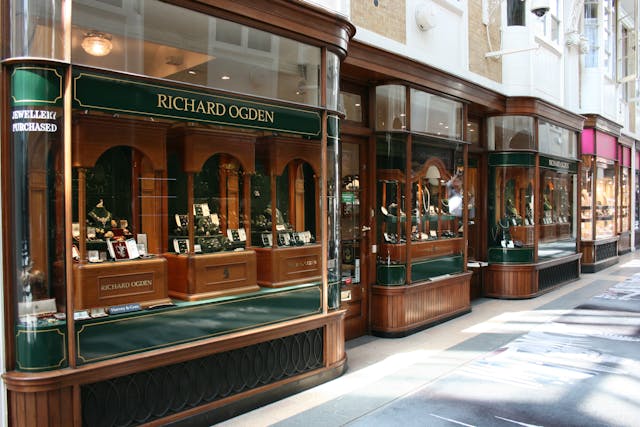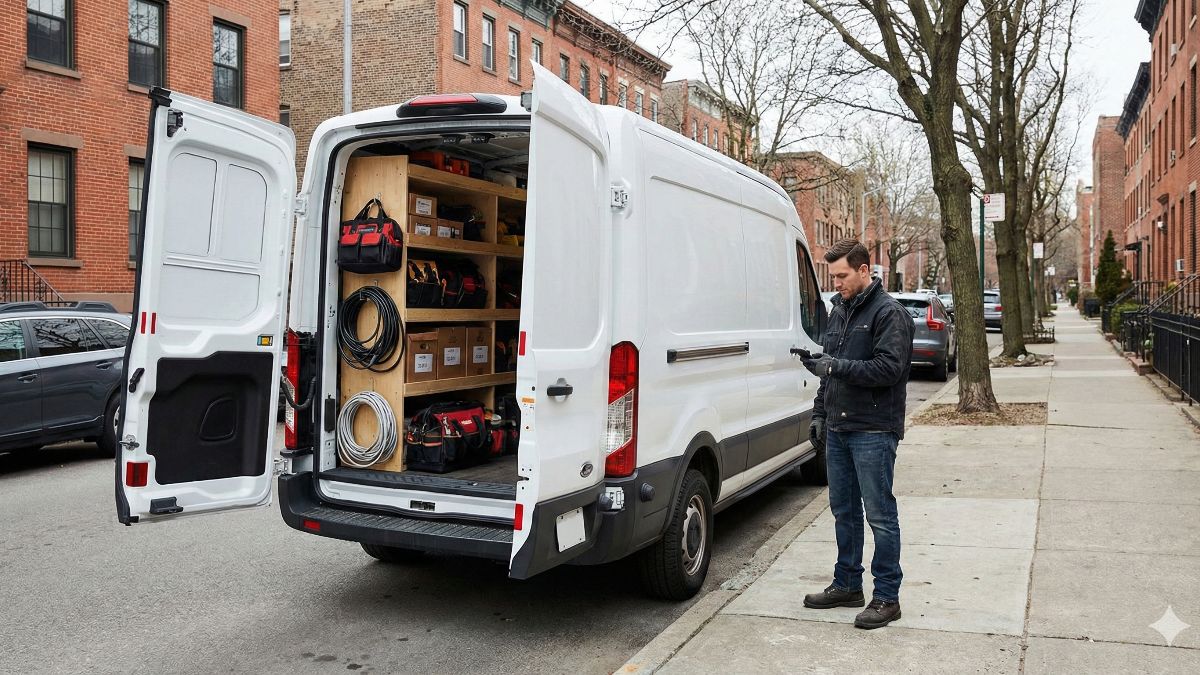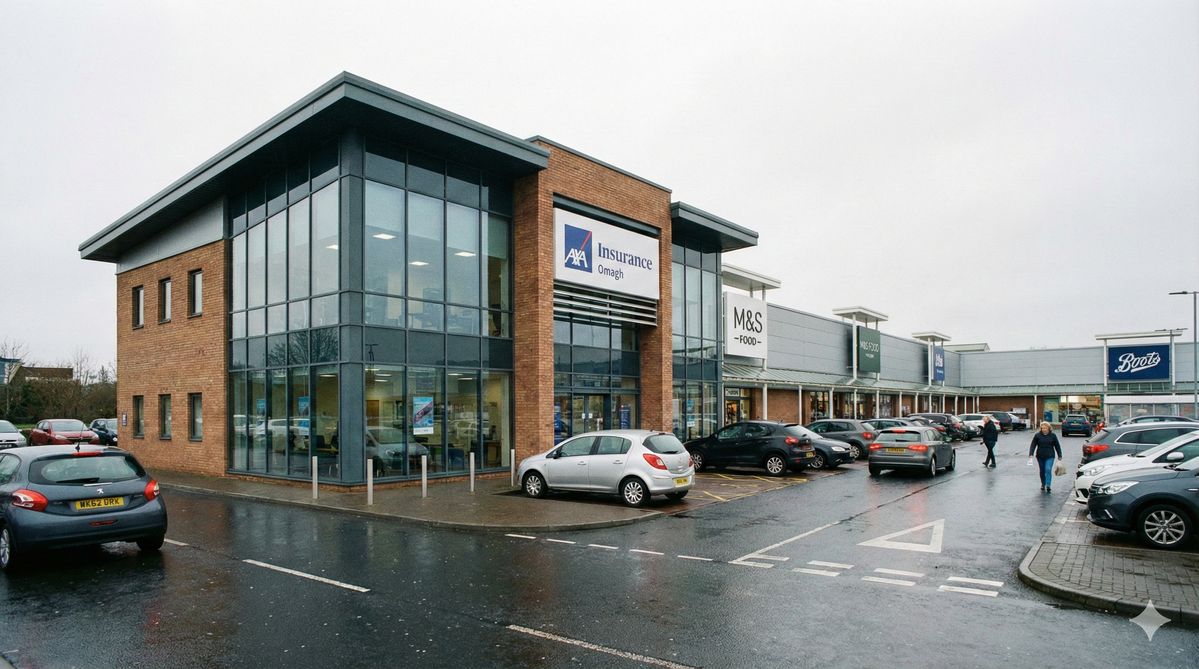In 2025, London remains a leading hub for business buyers, with opportunities across tech, finance, hospitality, and retail. Buying a company here demands more than capital—it requires research, due diligence, and smart planning. This guide covers legal and financial steps, negotiations, financing options, and broker support, helping investors avoid mistakes and make informed decisions.
London remains one of the top cities for entrepreneurs and investors, and in 2025 it continues to offer opportunities across tech, finance, hospitality, and retail. Buying a business here requires more than just capital—it takes research, financial planning, and legal awareness. This guide covers the essentials, including London’s business landscape, legal and financial steps, negotiation tips, the role of brokers, financing options, market trends, and common mistakes to avoid, giving you a clear roadmap to successfully purchasing a business in London in 2025.
The Business Landscape in London

London has always been a key player in the global economy, and 2025 is no exception. The city boasts a diverse business environment, with sectors ranging from finance and technology to hospitality and retail. This diversity offers potential buyers numerous opportunities. Whether you’re looking to invest in a small café or a tech startup, London’s thriving economy can provide the right fit.
Key Points to Consider:
- London’s tech sector continues to grow, making it an attractive option for innovative entrepreneurs.
- The city’s financial district is a global leader, ideal for investors seeking financial services firms.
- Smaller businesses, especially in the hospitality and retail sectors, are still recovering from pandemic impacts but present growth opportunities.
Legal Considerations When Buying a Business

Navigating the legal framework is crucial when buying a business in London. It’s essential to ensure that all necessary legal processes are followed to avoid future complications.
Key Legal Aspects to Check:
- Business licenses: Ensure that the business has all the required licenses and permits.
- Contracts: Review all employee and supplier contracts, making sure they are transferable.
- Leases: If the business operates from a leased property, check the lease terms and whether they can be assigned to you.
- Due diligence: Conduct thorough due diligence to verify the business’s financial health, liabilities, and legal status.
Financial Considerations

Understanding the financial health of the business you are buying is essential to ensure you are making a sound investment.
Key Financial Points to Review:
- Revenue: Analyze the revenue streams of the business and assess whether they are sustainable.
- Profit margins: Look at the profit margins to determine the financial viability of the business.
- Debts: Check for any outstanding debts or liabilities that you may inherit after the purchase.
- Cash flow: Examine the business’s cash flow history to predict future performance.
Negotiating the Purchase

Effective negotiation is vital when buying a business in London. The price of the business is just one aspect; you also need to consider the terms of sale and any assets that come with the deal.
Negotiation Tips:
- Valuation: Ensure the business is valued accurately, considering both tangible and intangible assets.
- Assets: Clarify which assets are included in the sale—this could range from equipment to intellectual property.
- Payment terms: Negotiate a fair payment structure that works for both you and the seller.
- Transition period: Consider negotiating a transition period where the current owner stays on for a few months to help with the handover.
Read More: Guide to Starting a Hotel Business in London: Key Steps and Insights for 2024
The Role of Business Brokers

Business brokers can help simplify the process of buying a business in London, acting as intermediaries between you and the seller.
Why You Should Consider a Broker:
- Expertise: Brokers have the industry knowledge and connections to find the right business for you.
- Negotiation support: They can negotiate on your behalf, ensuring you get a fair deal.
- Due diligence assistance: Brokers often assist with due diligence, reducing your workload.
- Confidentiality: Brokers ensure that the transaction remains confidential, especially important in competitive sectors.
Financing Options for Your Business Purchase

Unless you have the capital to buy a business outright, you will need to explore financing options.
Popular Financing Methods:
- Business loans: Traditional bank loans are a common way to finance a business purchase.
- Investors: Bringing in investors can help cover the costs, but they will expect a return on investment.
- Personal savings: If feasible, using personal savings can help you avoid debt.
- Seller financing: In some cases, the seller may agree to finance a portion of the sale.
Understanding Market Trends in 2025

Before making any purchase, it’s vital to understand the current market trends in London.
Trends to Watch:
- Technology-driven businesses: The demand for tech startups is high in London, with sectors like fintech booming.
- Sustainability: Environmentally conscious businesses are increasingly attractive to consumers and investors.
- Post-pandemic recovery: Some sectors are still recovering from the impacts of the pandemic, which can present both risks and opportunities.
Common Mistakes to Avoid When Buying a Business

Even experienced buyers can make mistakes when purchasing a business.
Avoid These Common Pitfalls:
- Ignoring due diligence: Failing to thoroughly check the financials and legal aspects can lead to costly surprises.
- Overvaluing the business: Be cautious of paying more than the business is worth, especially if its performance has been inflated.
- Not having a transition plan: Ensure you have a strategy for taking over the business and running it smoothly from day one.
Conclusion
Buying a business in London is a complex process, but with the right preparation, it can be a rewarding investment. Make sure to conduct thorough research, seek legal and financial advice, and negotiate carefully to secure the best deal. With the city’s dynamic business environment, your investment can thrive if you choose wisely, as highlighted by The London Report.
FAQs about Buying a Business in London
1. What is the best type of business to buy in London?
The best type of business to buy depends on your expertise, interests, and the current market trends. In 2024, technology, sustainability, and hospitality businesses are particularly popular.
2. How long does it take to buy a business in London?
The timeline can vary, but the process typically takes several months from initial negotiations to finalizing the purchase.
3. Do I need a business broker to buy a business?
While not mandatory, hiring a business broker can simplify the process and help you avoid common mistakes.
4. What are the risks of buying a business in London?
Risks include inheriting debts, overpaying, and failing to maintain the business’s customer base. Thorough due diligence and expert advice can mitigate these risks.
5. How much does it cost to buy a business in London?
The cost varies greatly depending on the industry, size, and location of the business. Be prepared for additional costs such as legal fees, taxes, and potential renovation expenses.




